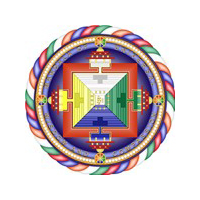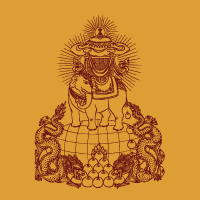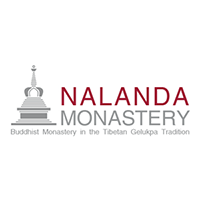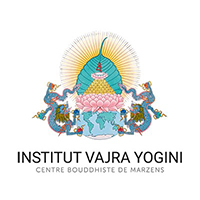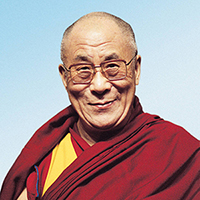Dorje Pamo Monastery maintains privileged links with different people, organizations and projects. This page locates our monastery within a rich network in which everybody works for the happiness of all sentient beings through practicing and spreading the Buddha’s teachings.
Foundation for the Preservation of the Mahayana Tradition (FPMT)
The Foundation for the Preservation of the Mahayana Tradition was founded by Lama Thubten Yesheand Lama Thubten Zopa Rinpoche is its Spiritual Director. The Foundation is an organization devoted to preserving and spreading the values of Mahayana Buddhism worldwide through teachings, meditations, community support, retreat centers and various projects.
The FPMT is based on the Gelug tradition of Lama Tsongkhapa of Tibet.
International Mahayana Institute
The International Mahayana Institute (IMI) is a community of Buddhist monks and nuns of the Foundation for the Preservation of the Mahayana Tradition (FPMT). Lama Yeshe, the founder of FPMT, established the IMI in 1973. Lama Zopa Rinpoche is the current Spiritual Director of IMI.
Nalanda Monastery
Nalanda Monastery is a unique community for Western monks in the Tibetan Gelug tradition. Located near Toulouse (France) and a few kilometers away from Dorje Pamo Monastery for nuns, it offers an ideal environment to live and combine practice and study.
Vajra Yogini Institute
Vajra Yogini Institute, located near Toulouse and close to Dorje Pamo Nunnery and Nalanda Monastery, is a center for Buddhist studies and practice. The Institute is open to lay people and offers the opportunity to do personal retreats.
Éditions Mahayana
Éditions Mahayana is a publishing house specializing in the transmission of Tibetan Buddhism, particularly its fundamental texts, in French.
His Holiness the Dalaï Lama
His Holiness the Dalaï Lama is the spiritual leader of the Tibetan people. His Holiness often emphasizes that He has three commitments in life : promoting human values or secular ethics for the sake of all beings happiness, promoting religious harmony and understanding among the world’s major religious traditions, and working for the Tibetan people’s wellbeing by preserv-ing its identity, its culture and its religion.

